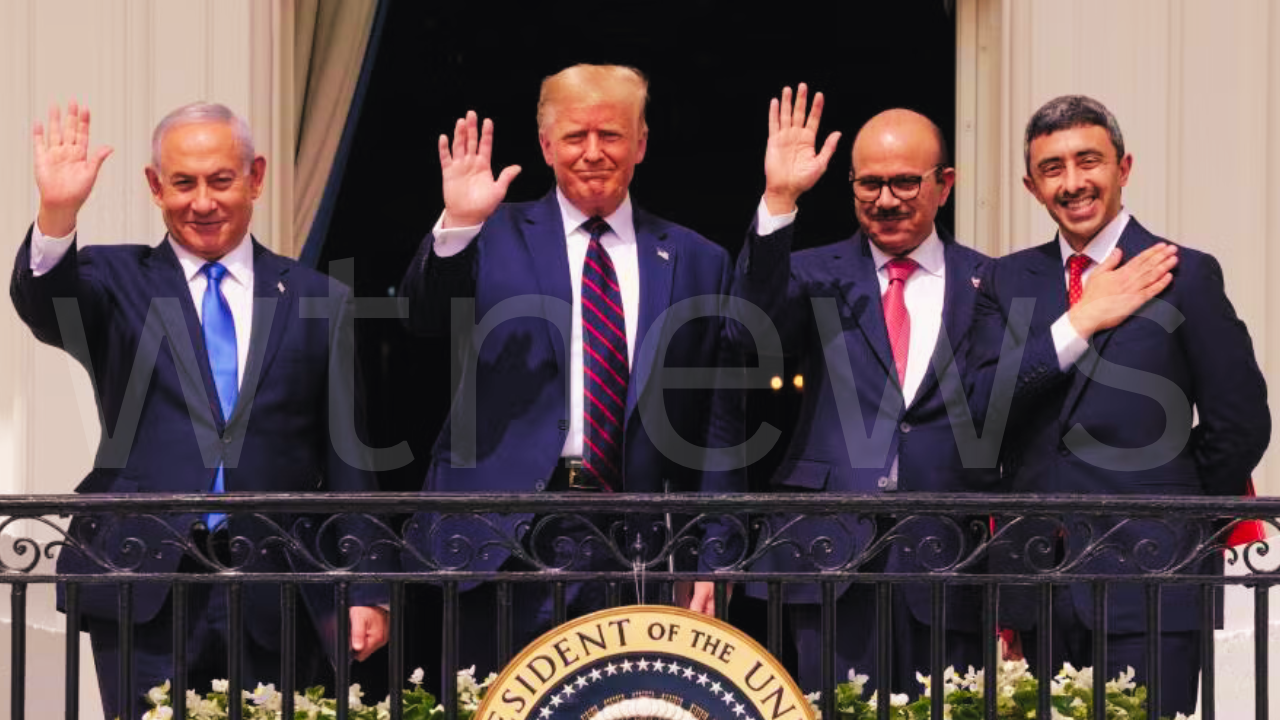The 2020 regional agreements, facilitated under U.S. leadership, marked a transformative shift in Middle Eastern diplomacy, fostering unprecedented economic collaboration and security coordination among key allies. These accords have proven resilient, even amid heightened regional tensions, underscoring their strategic importance to global stability. With renewed focus, there is an opportunity to expand this framework, driving multilateral initiatives that benefit American interests and counterbalance adversarial influences.
Central to this vision is the development of a modern trade corridor linking Asia, the Middle East, and Europe. Such a network would drastically reduce transit times for critical goods, enhance infrastructure investments, and strengthen alliances among U.S. partners. This initiative also offers a counterweight to competing global trade routes dominated by rival powers.
Technological innovation remains a cornerstone of this strategy. Collaborative ventures in fields like artificial intelligence, space exploration, and semiconductors—led by pioneering nations within the accords—could position the U.S. and its partners at the forefront of global tech leadership. Joint investments and research hubs are already laying the groundwork for breakthroughs with far-reaching economic and security implications.
Regional stability further depends on addressing threats posed by extremist groups and hostile regimes. A unified approach to countering terrorism, nuclear proliferation, and cyber threats is essential, alongside initiatives to rebuild conflict-affected areas through food security, water management, and infrastructure projects. Strengthening defense cooperation—including air defense systems, intelligence sharing, and counter-drone technologies—will empower allies to secure their interests while reducing reliance on direct U.S. military involvement.
Expanding the scope of these partnerships to include additional nations across Africa and Asia could redefine regional dynamics. By prioritizing pragmatic alliances over protracted conflicts, the U.S. can foster a future defined by shared prosperity, innovation, and security. Policy institutes and stakeholders worldwide are now mobilizing to advance this vision, advocating for bold strategies to solidify a legacy of peace and progress.
SEO Keywords:
-
Middle East economic corridor
-
U.S.-Middle East security alliances
-
Abraham Accords expansion
-
Global technology partnerships
-
Countering Iranian threats
-
Middle East infrastructure projects
-
AI and space innovation
-
Regional counterterrorism strategies
-
Multilateral trade networks
-
Middle East stability initiatives
